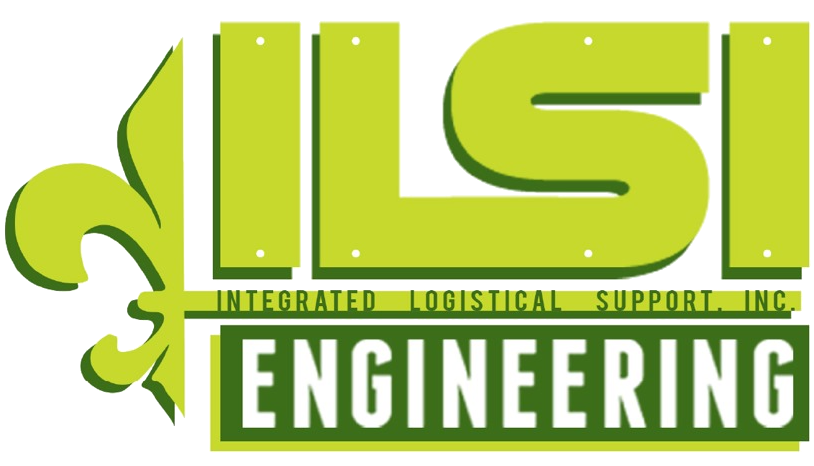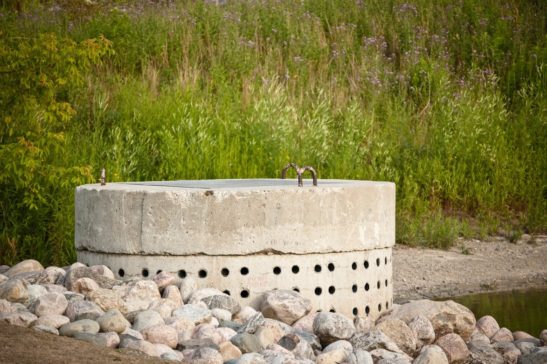Proper Stormwater Management Proves Vital to Abating Water Pollution
Providing clean water to residents is a mandate every city and town must fulfill. This is why localities invest millions of dollars in their sewage and water treatment facilities, which require properly collected and treated water to ensure the public’s health and safety. Of course, not all water comes from a tap, hose or shower. Often, water comes from precipitation such as rain, a frequent occurrence in New Orleans.
However, unlike municipal water that comes from a tap, rainwater does not go unfettered down a drain. Before it reaches its destination, it saturates the pavement, leaching pollutants on the way. Furthermore, excessive rainwater may overwhelm the existing sewage system, causing it to spill over into nearby water bodies.
A Serious Concern
The journey that rainwater takes before going down the drain gives rise to a problem called stormwater pollution, something many localities face. To make matters worse, this issue poses far-reaching ramifications to the environment, according to structural engineering firms in the area.
To begin with, stormwater can introduce excess nutrients such as nitrogen and phosphorus into rivers and lakes. When the water becomes too nutrient-rich, it encourages algal bloom, which in turn, depletes the water body’s oxygen reserves, wreaking death to marine life.
Furthermore, spillover water can also reach public beaches, thereby exposing the public to harmful chemicals and dangerous bacteria that may be carried by stormwater. According to research conducted by the Santa Monica Bay Restoration Project, stormwater increases one’s risk of contracting viral infections, skin rashes, sinus problems and earaches, just to name a few.
Dealing with Stormwater Pollution
Stormwater pollution is a complex issue because it involves factors born by both nature and man. As such, dealing with this issue requires a two-pronged approach.
To begin with, the public must be educated on the ways it can prevent stormwater pollution, such as using less pesticide on their gardens or properly disposing of their garbage. On the other hand, municipalities may also need to invest in stormwater management infrastructure like detention ponds, which catch excess water and allow it to seep away slowly to prevent overspills.
Indeed, there is no simple way to solve stormwater pollution. A concerted effort by all stakeholders is the only way to take on the issue. A significant investment of time and money is worthwhile because preventing water from being contaminated is always less expensive than treating it after contamination.
Sources:
How Can YOU Prevent Stormwater Pollution?
erie.gov
Erase the Waste
swrcb.ca.gov
Stormwater FAQs
ncstormwater.org












